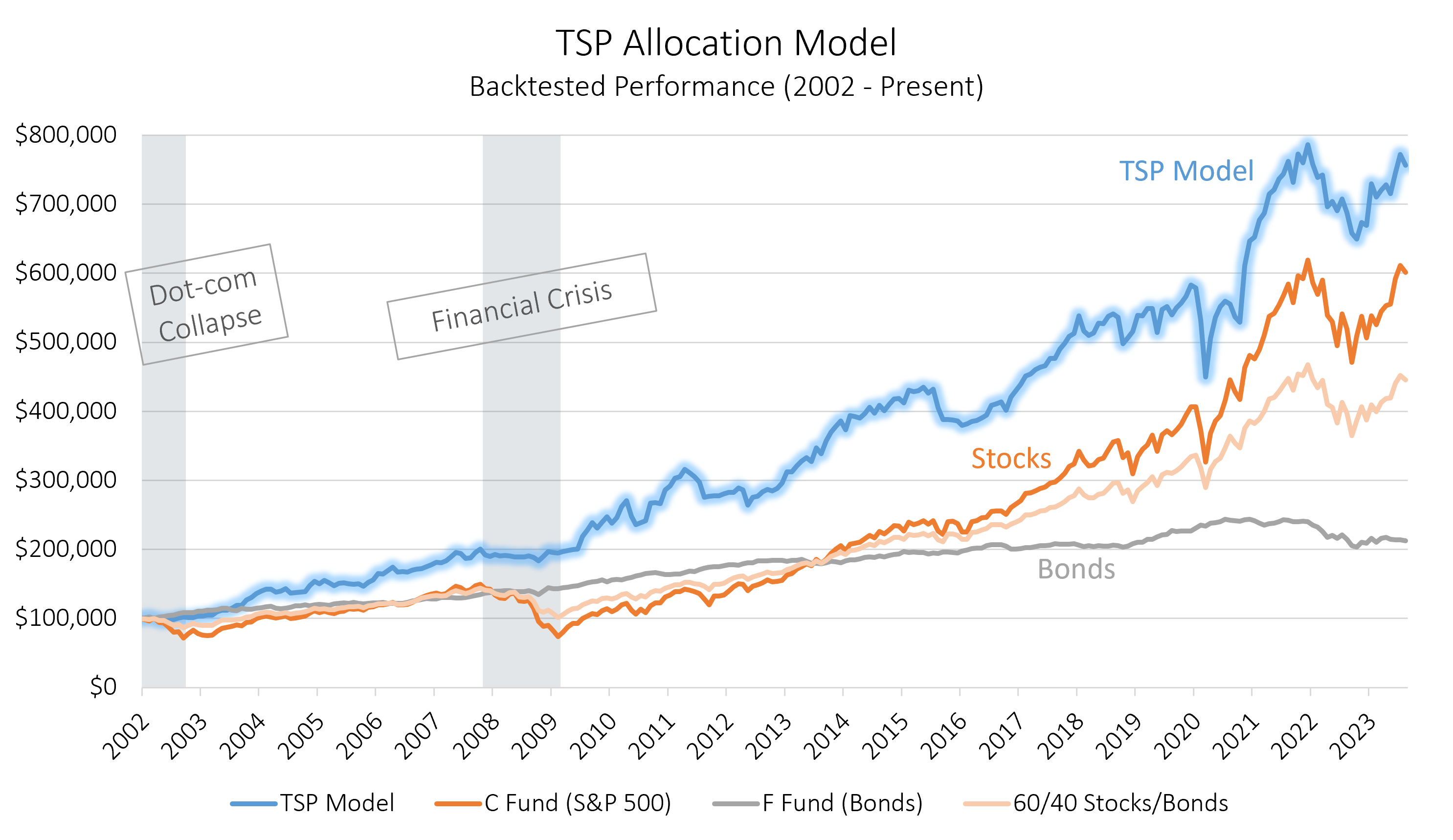Home>Finance>Overvalued: Definition, Example, Stock Investing Strategies


Finance
Overvalued: Definition, Example, Stock Investing Strategies
Published: January 5, 2024
Discover the meaning of overvalued stocks, how to spot them, and learn effective financial strategies for stock investing in the finance industry.
(Many of the links in this article redirect to a specific reviewed product. Your purchase of these products through affiliate links helps to generate commission for LiveWell, at no extra cost. Learn more)
Welcome to our financial blog! Today, we are diving into the fascinating world of overvalued assets. Whether you’re a seasoned investor or just starting out, understanding what it means for an asset to be overvalued is crucial for making informed investment decisions. So, what exactly does it mean for an asset to be overvalued? Let’s explore!
Key Takeaways:
- Overvalued assets are those whose price is higher than their intrinsic value.
- Identifying overvalued assets requires analyzing fundamental data and market trends.
What is Overvalued?
When we say that an asset is overvalued, it means that its price is higher than what it is actually worth in terms of its underlying value. In other words, the market has driven up the price of the asset to a level that is not supported by its fundamentals.
This situation typically arises when there is excessive optimism or speculation in the market, causing investors to bid up the price of the asset beyond its justified value. Overvaluation can occur in various financial markets, including stocks, bonds, real estate, and commodities.
An Example of Overvaluation:
Let’s illustrate this with an example from the stock market. Suppose Company XYZ is a tech start-up that has recently gained a lot of attention. The hype surrounding the company leads investors to believe that it has significant growth potential. As a result, the stock price of Company XYZ soars, reaching a level that far exceeds its actual value based on factors like its earnings, industry trends, and competitive landscape.
This type of situation suggests that the stock is overvalued. Investors who buy the stock at this high price are taking on additional risk, as there is a possibility that the market corrects itself and the stock price returns to its intrinsic value.
Stock Investing Strategies for Overvalued Assets:
Understanding overvaluation is essential for investors to protect their portfolios from potential losses. Here are a few stock investing strategies that can be useful when dealing with overvalued assets:
- Perform Fundamental Analysis: Evaluate the asset’s underlying value by analyzing financial statements, earnings growth, and industry trends. This will help determine if the asset is overvalued.
- Consider Short Selling: If you believe that an asset is overvalued, you can take advantage of the situation by borrowing the asset and selling it at the current high price. If the price subsequently drops, you can repurchase the asset at a lower price, return it to the lender, and profit from the difference.
- Implement Stop Loss Orders: This strategy involves placing an order to sell the asset if its price falls below a certain predetermined level. This helps protect against further losses in case the asset’s overvaluation corrects itself.
- Diversify Your Portfolio: By spreading your investments across different asset classes and sectors, you can reduce the risk of being heavily exposed to overvalued assets. Diversification helps balance your overall portfolio and minimize potential losses.
Remember, investing in overvalued assets can be risky and requires careful analysis. It’s always recommended to seek advice from financial professionals before making investment decisions.
We hope this article helps you understand the concept of overvaluation and provides some strategies for dealing with overvalued assets. Stay tuned for more insightful finance articles on our blog!














